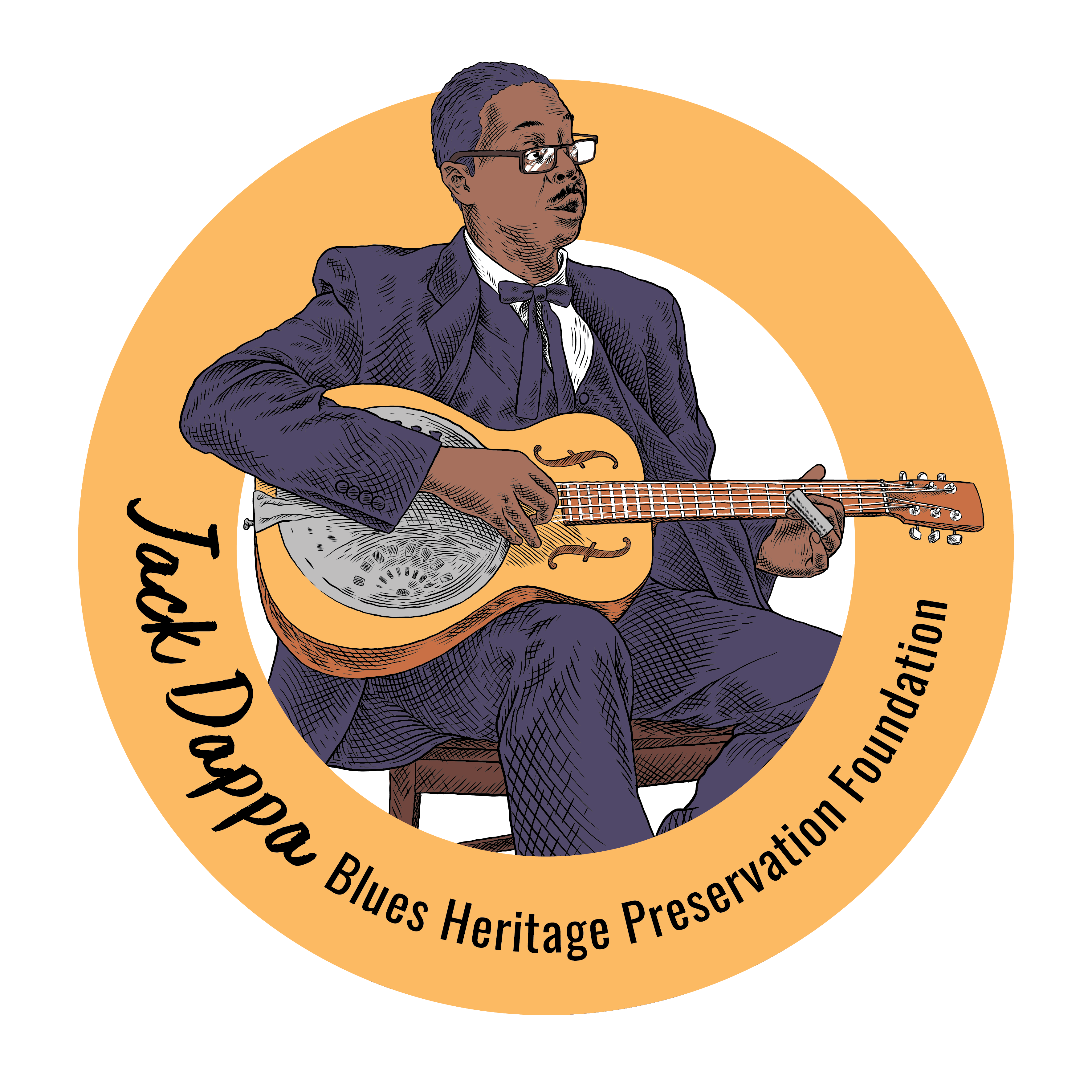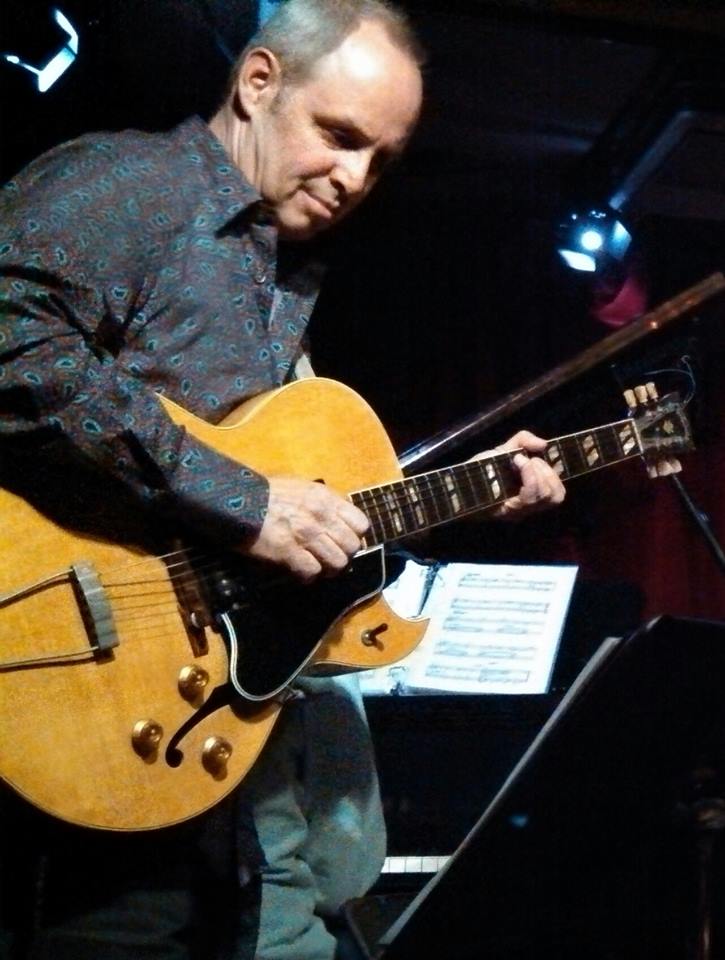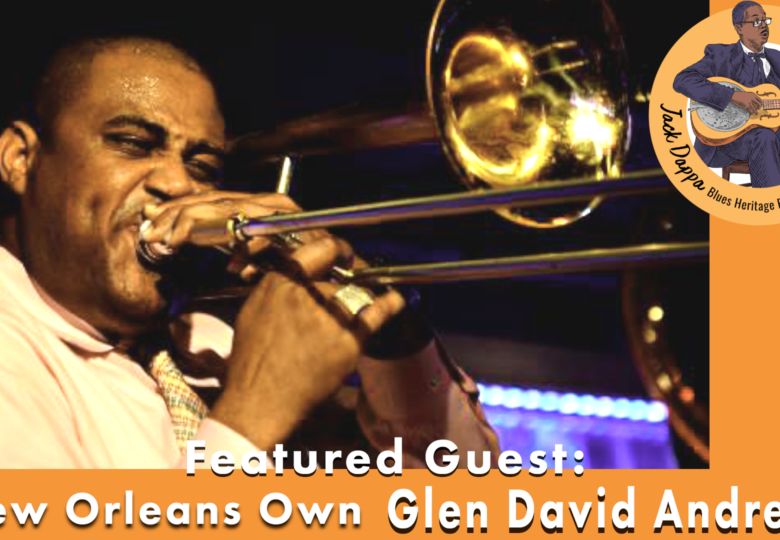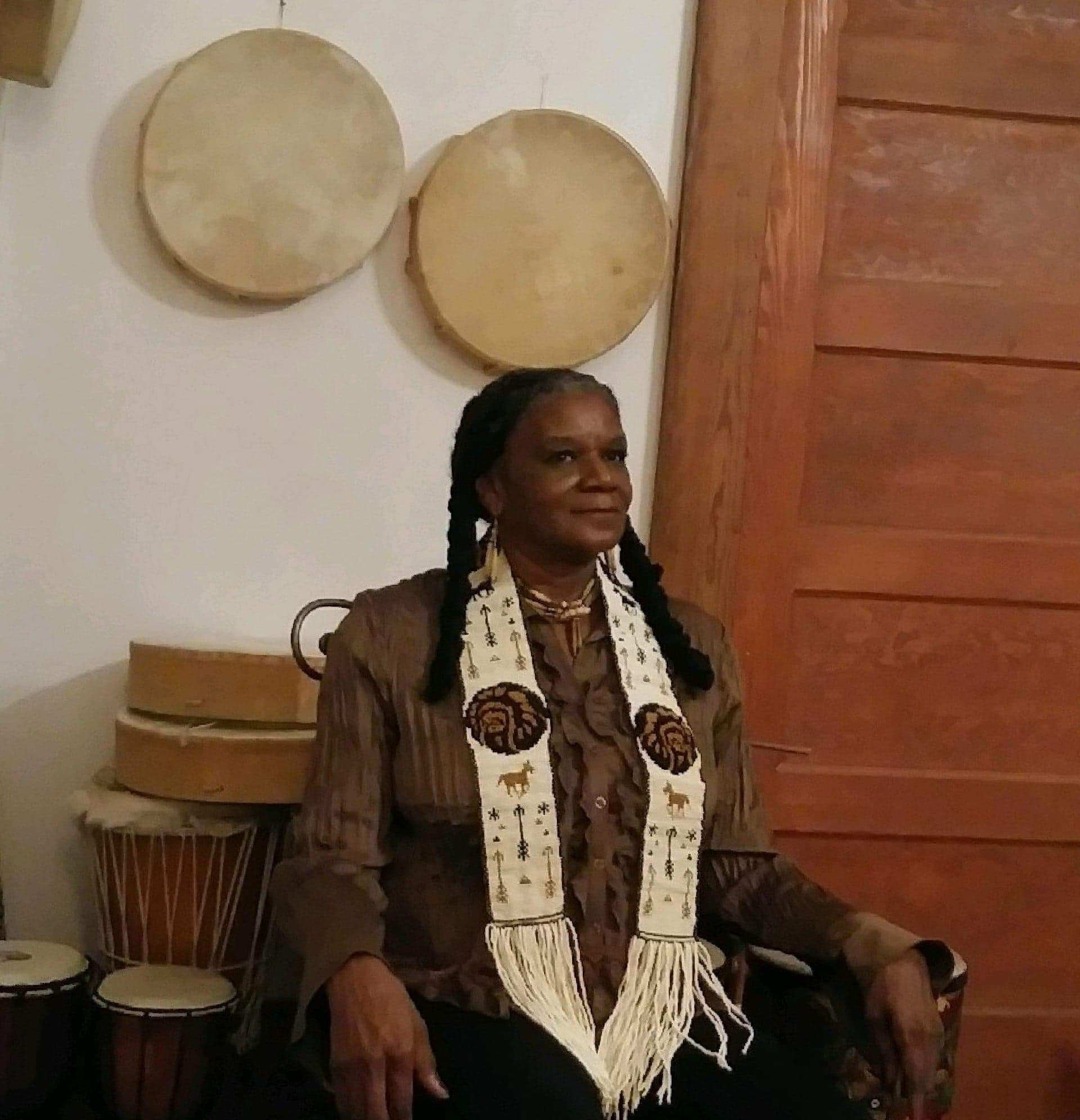Published By:
Lamont Jack Pearley
Most people don’t think to associate the word Tribe or Tribal with African American. For the most part, African and Native American usually comes to mind. However, the irony of the names “African American” and “Native American” are really names that describe the same group of people. Recently, I lost my last remaining grandparent. My Granddad Walter Pearley Sr. From Bellerose Louisiana. He lived in the East Bank of New Orleans. So, in tern, my family and I watched the entire four seasons of Treme to celebrate both sets of my grandparents, because they all come from the surrounding areas, and my pops who passed on. He was born and died in New Orleans.
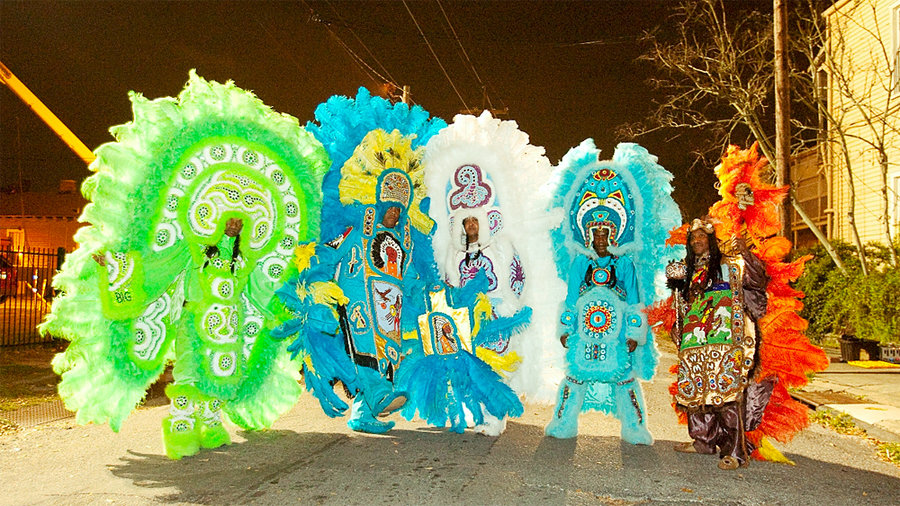 For those who are unaware of the four season series “Treme”, it’s about ‘Life after Hurricane Katrina as the residents of New Orleans try to rebuild their lives, their homes, and their unique culture in the aftermath of one of the worst natural disasters in the USA’. How musicians, business owners, schools, Police Department and residents fight to keep the essence of New Orleans alive. All while the power structure in town, and out of town, look to exploit New Orleans and her people after this ordeal.
For those who are unaware of the four season series “Treme”, it’s about ‘Life after Hurricane Katrina as the residents of New Orleans try to rebuild their lives, their homes, and their unique culture in the aftermath of one of the worst natural disasters in the USA’. How musicians, business owners, schools, Police Department and residents fight to keep the essence of New Orleans alive. All while the power structure in town, and out of town, look to exploit New Orleans and her people after this ordeal.
As my family and I watched Treme, it’s portrayal of culture, traditions and the coping of the folks after Katrina, I thought even more about my family, both sides, considering their “Native American” features and bloodline. I began paying even more attention to the storyline based around the “Black Indians” of Treme. Besides my personal understanding, I’ve also done research on the Black Indians of New Orleans some time ago. The Black Indians, better known as The “Mardi Gras Indian” tribes of New Orleans are, in fact, the oldest cultural organizations surviving from the original African tribes which were brought into New Orleans during slavery days. The tribes are particularly noted for preserving African “dress art” and musical heritage in the New World. If you’ve watched the show, and you heard the Black Indians sing their traditional songs, you’d hear haunting sounds of Black Spirituals, Field Hollers Hymnals and the Blues, which lead me to reminiscing about Charlie Patton, Son House, and many others that came out of that region.
I also thought about early Blues played with brass, considering the storyline revolved around trombone and trumpet players. New Orleans, the birth place of Jass(Jazz), and what some believe is the birth place of the Blues. Yes, I know most credit Mississippi as the birth place of the Blues, but considering the fact that there was a port in New Orleans, where ships docked bringing the incoming prisoners of war(slaves), which were detained there until they were bought and taken into the country; ie Mississippi etc, it is not a far fetched thought that one can say New Orleans was the birth place of the Blues. Not to mention the melting pot of so many Aboriginal cultures that oozed through the music.
Another thing that stood out to me is the fact that in the series Treme, the black community was fighting to salvage a tradition that was quickly being removed by the greed of vultures who sought to capitalize off of the disaster of Katrina. Far to many times, the African American tribal traditions and music, along with the venues that support these traditions, are the first thing to go. And then comes gentrification. And with gentrification, comes folk who want to move into the neighborhoods, remove the heritage and make it satisfactory to their standards. The irony of that is, at the same time they are eradicating the culture and traditions, the city/state finds money out of nowhere to build one structure that can house the culture of a 20 black radius. To me, that is removing the heart of community, placing it in some state or city building out of the way, while others come and enjoy the new fruits of the vine. It’s hurtful, considering the people that had to live through some tough times, yet cannot enjoy the fruits of their labor.
In the program Treme, there were people arriving to New Orleans, placing “for sale” signs on the lawns of peoples homes, as well as sending demolition teams to peoples homes, and majority of those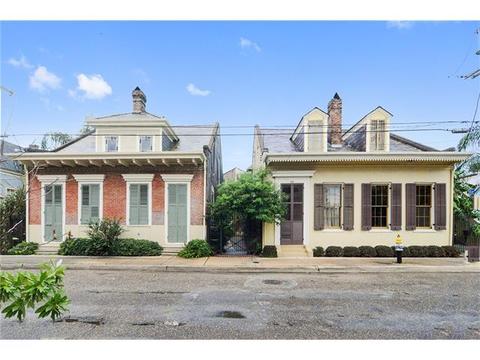 homes were not contaminated. They were actually in livable conditions. There was a list of homes that were to be destroyed and or sold off. That list was based on the federal funds given to New Orleans after the Hurricane. So, a few higher ups, and some outsiders thought it was a great way to make money off the expense of the victims.
homes were not contaminated. They were actually in livable conditions. There was a list of homes that were to be destroyed and or sold off. That list was based on the federal funds given to New Orleans after the Hurricane. So, a few higher ups, and some outsiders thought it was a great way to make money off the expense of the victims.
Never the less, the strong endorsement of African American Tribal music and the Black Experience was at the forefront of this program. Some would debate and say Aboriginal American Tribal music and the Black Experience, noting that there were “Black” Indians on the Americas before any colonization from outside forces.
The blues comes in all forms. One of the forms is the self destructive actions of those smitten by devastation. The police killing folk, community members killing folk, relationships deteriorating and some getting stronger. The show gave an up close and personal look at African American/ Black Indian/ Carib American life across this nation in regards to how we are treated, as well as how we respond toward each other in moments of desperation. That is the thick, thin and root of the Blues. However, for me, the important point in the program is the homage and specific platform to our Tribal Music and traditions.
Though I speak of the social, judicial and economical challenges faced by those that descend from our original tribes, there was a strong undertone of the exploitation and appropriation of our tribal and traditional musics. It was subtle in some moments, but very overt in others. Having experience in storytelling and content producing; I understand that 1- each character not only has a journey, but represents a specific behavior and mindset from a specific group of people, and 2 – the voice of art calls to task systematic misrepresentation perpetuated by the power structure. Both are evident in three specific instances of this program that I would like to address:
The Character Davis –
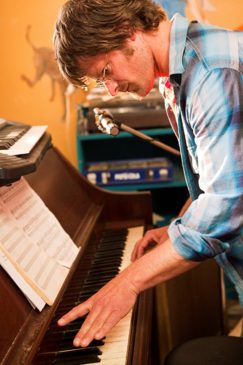 Is an extreme example of appropriation, and unconscious condescension. Though his passion for New Orleans and the culture birthed through the black experience that culminated into a revered music seems genuine, his approach encapsulates the many “white” people that go out of their way to “educate” black people and native whites about things they lived first hand. As I write this, I laugh to myself because the writer, director and actor who played Davis nailed this. Davis comes from an elite rich family, that seems to come from generational wealth of the south. (We know what that means) He has a tier one education, and is, as a lot of gentrifiers in NYC, considered a trust fund baby. The fact that he has such a love for the cultural music of New Orleans, and Black people for that matter is not the issue. To me, or to the other characters in the program. The issue is the character believing that since he lives in a African American neighborhood, interacts with and plays music with African American Musicians in Black Clubs, read every book on Black Musicians and their life, just to name a few, he is able to make extremely racist and inappropriate statements, and it’s ok. He feels he has enough ownership, that he is not only the voice, but in fact the savior of New Orleans and Black Music. There’s a scene where Davis and his two black friends are at a bar after a shooting during Mardi Gras. Upset about the fact that the shooting ruined the night, Davis does an impression of a racist southern white man and uses the word “Niggers” while they were in the middle of an all black bar. So of course someone there had a problem with this white man saying the word “niggers”, and threatened him. Here is where the issue comes into play, and why i commend Treme for this character, Davis’ response was, “aw man, I didn’t mean anything, I can say that, I live in a Black neighborhood…..these are my friends” etc. That moment encapsulated his entire existence in this program, and the fact that there are so many like him. Last point on Davis, he goes out of his way to be different from his parents to prove to them and himself that he isn’t racist…we’ve heard that before.
Is an extreme example of appropriation, and unconscious condescension. Though his passion for New Orleans and the culture birthed through the black experience that culminated into a revered music seems genuine, his approach encapsulates the many “white” people that go out of their way to “educate” black people and native whites about things they lived first hand. As I write this, I laugh to myself because the writer, director and actor who played Davis nailed this. Davis comes from an elite rich family, that seems to come from generational wealth of the south. (We know what that means) He has a tier one education, and is, as a lot of gentrifiers in NYC, considered a trust fund baby. The fact that he has such a love for the cultural music of New Orleans, and Black people for that matter is not the issue. To me, or to the other characters in the program. The issue is the character believing that since he lives in a African American neighborhood, interacts with and plays music with African American Musicians in Black Clubs, read every book on Black Musicians and their life, just to name a few, he is able to make extremely racist and inappropriate statements, and it’s ok. He feels he has enough ownership, that he is not only the voice, but in fact the savior of New Orleans and Black Music. There’s a scene where Davis and his two black friends are at a bar after a shooting during Mardi Gras. Upset about the fact that the shooting ruined the night, Davis does an impression of a racist southern white man and uses the word “Niggers” while they were in the middle of an all black bar. So of course someone there had a problem with this white man saying the word “niggers”, and threatened him. Here is where the issue comes into play, and why i commend Treme for this character, Davis’ response was, “aw man, I didn’t mean anything, I can say that, I live in a Black neighborhood…..these are my friends” etc. That moment encapsulated his entire existence in this program, and the fact that there are so many like him. Last point on Davis, he goes out of his way to be different from his parents to prove to them and himself that he isn’t racist…we’ve heard that before.
Antoine Batiste of the movie set –
Antoine Baptiste was a very interesting character. i love the actor that played him, and I love how the character grew, yet not in an unrealistic fashion. That being said, he landed a gig teaching an actor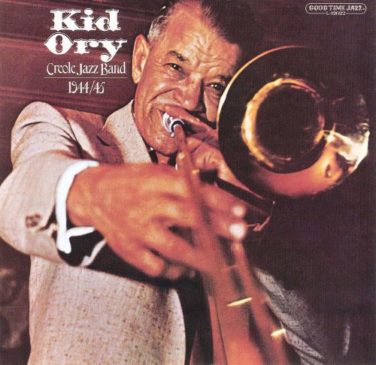 how to act like he’s playing the trombone to the likes of a very legendary musician. This young white actor was playing this legendary New Orleans jazz musician. The episode was called “Dippermouth Blues” the third episode of season four, the shows final season. Antoine sits in the trailer with the young white actor listening to the real record “Dippermouth Blues” and explains to the young actor about the song, the song writer, the musicians and who they are all from New Orleans. The young actor has no idea of any of this history, and then it happens to be, the trombone riff the young actor must learn. It’s a very complicated and intricate piece by the legendary Kid Ory. Antoine is shocked, asks him, “this is what they want you to learn?” and the young white actor breaks the news. Not only do they want him to act out the pice of that song, they’ve casted this young white actor to actually play Kid Ory in the film. This began a great conversation which showed the mindset of the actor, who represented Hollywood, and Baptiste, who represents African Americans. Baptiste goes on to explain to this young white actor that Kid Ory was Black, and the young actors response was, “ yeah, but he could pass right, he was creole?” This is the constant reminder how our story and heritage is always being altered for the sake of someone else. It was also a great teaching moment, on screen and in my home with my kids. Brilliant scene!
how to act like he’s playing the trombone to the likes of a very legendary musician. This young white actor was playing this legendary New Orleans jazz musician. The episode was called “Dippermouth Blues” the third episode of season four, the shows final season. Antoine sits in the trailer with the young white actor listening to the real record “Dippermouth Blues” and explains to the young actor about the song, the song writer, the musicians and who they are all from New Orleans. The young actor has no idea of any of this history, and then it happens to be, the trombone riff the young actor must learn. It’s a very complicated and intricate piece by the legendary Kid Ory. Antoine is shocked, asks him, “this is what they want you to learn?” and the young white actor breaks the news. Not only do they want him to act out the pice of that song, they’ve casted this young white actor to actually play Kid Ory in the film. This began a great conversation which showed the mindset of the actor, who represented Hollywood, and Baptiste, who represents African Americans. Baptiste goes on to explain to this young white actor that Kid Ory was Black, and the young actors response was, “ yeah, but he could pass right, he was creole?” This is the constant reminder how our story and heritage is always being altered for the sake of someone else. It was also a great teaching moment, on screen and in my home with my kids. Brilliant scene!
Cultural Center –
Delmond Lambreaux was another great character. His journey was someone attempting to break away from the stigma of New Orleans musicians who are compartmentalized as a relic of Jazz history, only to return with a full heart and appreciation for the traditions and heritage. 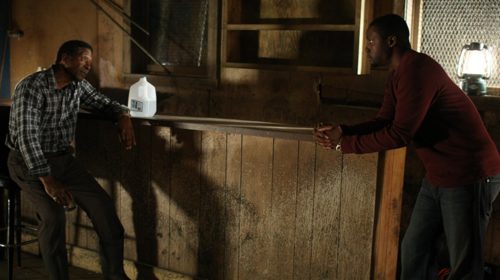 An accomplished jazz musician, Black Indian and son of Albert “Big Chief” Lambreaux, a dignified Mardi Gras Indian, Delmond convinces his father, and other legendary Musicians to take part in what would be ground breaking Jazz fusion album that represented all of the traditions and musical cultures of New Orleans. The popularity of this album, along with him being a great musician, caught the attention of a businessman that requested Delmonds’ help in a Cultural Center venture. After seeing the space and giving his input, the Businessman and his colleagues lobbied for Delmonds father to be a part of the project, giving both Delmond and his father Albert “Big Chief” a lofty sized check. This check came at an opportune time, considering the financial and residential issues Albert “Big Chief” Lambreaux was facing. All while Big Chief was protesting against the living conditions of his people. Here’s where the plot thickens, and yet again the writers, directors and cast was right on the money. The protest that Big Chief was part of, happened to be against the same businessmen that requested the services of Delmond and his father. Being popular of the Jazz circuit, Delmond spoke to another Jazz musician that was hired by the businessmen, who encouraged him to take the money. The next chain of events lead to Delmond returning the money after he and his father partook in a demonstration and his father was pepper-sprayed. The significance of the returned check is Delmond stating, based on his people’s displacement and his fathers fight against the system, he couldn’t willfully take that check and be at ease.
An accomplished jazz musician, Black Indian and son of Albert “Big Chief” Lambreaux, a dignified Mardi Gras Indian, Delmond convinces his father, and other legendary Musicians to take part in what would be ground breaking Jazz fusion album that represented all of the traditions and musical cultures of New Orleans. The popularity of this album, along with him being a great musician, caught the attention of a businessman that requested Delmonds’ help in a Cultural Center venture. After seeing the space and giving his input, the Businessman and his colleagues lobbied for Delmonds father to be a part of the project, giving both Delmond and his father Albert “Big Chief” a lofty sized check. This check came at an opportune time, considering the financial and residential issues Albert “Big Chief” Lambreaux was facing. All while Big Chief was protesting against the living conditions of his people. Here’s where the plot thickens, and yet again the writers, directors and cast was right on the money. The protest that Big Chief was part of, happened to be against the same businessmen that requested the services of Delmond and his father. Being popular of the Jazz circuit, Delmond spoke to another Jazz musician that was hired by the businessmen, who encouraged him to take the money. The next chain of events lead to Delmond returning the money after he and his father partook in a demonstration and his father was pepper-sprayed. The significance of the returned check is Delmond stating, based on his people’s displacement and his fathers fight against the system, he couldn’t willfully take that check and be at ease.
Now I haven’t mentioned the French Quarters, or if Treme highlights the Quarters. So let me be clear, The Quarters, the Parade, the beads…it’s all there. The Culture and different components of subculture. And definitely as much music culture that can fit into the four season program. The school band drum-lines, present, Memphis and Nashville, present. It seemed, the music is the glue that tells this story that revolves around the result of Katrina. The only storyline that has nothing to do with the music, but definitely the culture is the lawyer and journalist gunning for the corrupt cops that were murdering civilians during the catastrophe. All in all, I would definitely encourage anyone who has not yet seen Treme to indulge. All four seasons. It’s extremely rich. Though it may be written by non blacks, it leaves no rock unturned for the message they were sending. Remember, you can only fit but so much into a television series or movie…but we definitely enjoyed it! Furthermore, in the altering of history and the story of our tradition, it makes sense that most people wouldn’t necessarily identify the words Tribe and Tribal in association with African American. But the hard truth is, African American is Native American is African, which means our sound, our cultural music, our traditions and heritage can be referred to as African American Tribal Music and The Black Experience, and this program gives a strong example of that.
